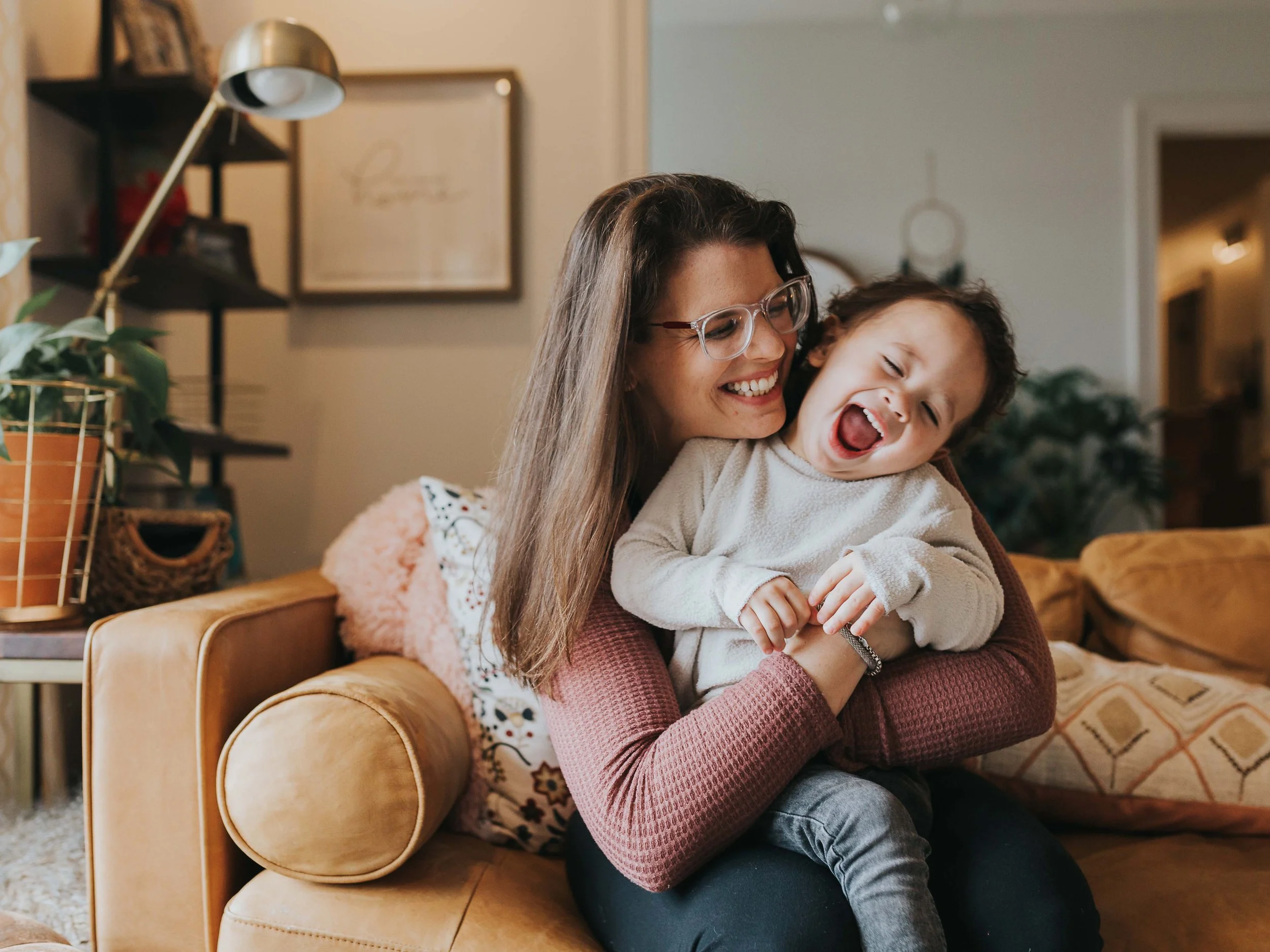Writing a New Story: Thriving as a Parent After Surviving Abuse
Parenting is an adventure, with twists and turns, long nights and wonderful triumphs. It’s an endurance activity, requiring patience and effort. Parenting also often holds a mirror up, to show us who we really are, and how we really cope with stress. This can be freeing, showing us strength and joy we didn’t know we could experience. But it can also shine a harsh light on past experiences and how they’ve impacted us. Parenting as an abuse survivor can bring forward memories and reactions you may not expect to have, and it can be doubly difficult to try to manage those feelings.
All is not lost; you are not an unworthy parent, you are simply a human, and you can build a structure of support around yourself and within yourself to be the parent and person you want to be. You know you want to do right by your children, and you know you want to make change so they don’t experience what you have. That fact shows that you are the parent your kids need.
Before you begin, remember that our professionals are always here to help
Parenting as an Abuse Survivor
Erin Emmanuel once wrote that as a parent, and survivor of childhood abuse, she found that her toddler’s tantrums were triggering for her. As her daughter fell into a loss of control (totally normal for her age!), Erin felt herself falling into panic. She knew she was reliving the feelings that abuse embedded into her during a totally normal parenting moment.
She also knew she needed to make change for herself, so she could be there for her daughter. She realized that, as she stepped into the new world of parenting, she needed to come up with new ways of centering herself. She wasn’t starting over from scratch, but she was in uncharted territory.
Parenting Can Be Triggering
It isn’t uncommon, when parenting as an abuse survivor, to find yourself with emotions and physical sensations at odds with the moment you’re in. You might panic at a toddler tantrum, or fear for your own child when they go out into the world, to school or summer camp, or fear you will be the one who causes harm for your child. You may fear for yourself when your small child hits or screams, like Tabitha St. Bernard-Jacbos did. She found herself brought back to when she was powerless in the face of hitting and screaming. She knew she needed to attend to her triggers, to ensure she both took care of herself, and took care of her child, when she found that parenting intersected with her trauma.
Breaking the Cycle of Abuse in Families
You’ve already decided you need a change; that alone is a start toward breaking the cycle. But now, where to find the support, and what changes to make?
Making Change with Therapy and Support
Erin found that combining exercise plus intensive therapy, as well as gathering community around her for support in her healing and parenting skills, she could make change. Tabitha worked with her therapist to find her triggers, develop plans for managing her triggers, and then put a lot of effort into enacting her plans while parenting. She found ways to offer herself grace and space within parenting, and sought help when she needed it.
Erin and Tabitha are simply two women who have shared their experiences; they both, when writing about the intersection of trauma and parenting, found other parents experiencing similar triggers and struggles, In these experiences, they are just like any survivor of abuse working on breaking the cycle of abuse in families. Their successes in working through trauma show that resilience is possible in any of us.
What You Can Do, For You
When working on healing from abuse, and ensuring your parenting is not causing harm, we have some tips:
Look at reconnecting with your inner child, while parenting your children: Lean in to the small joys of parenting and let yourself have some real fun, as a way to let your inner child heal. Reparenting can help with anxiety, and give you a chance to be kind to yourself in ways you needed then, and now.
Build a community around you: tap into the support your friends and family, and find new friends too. Look to them for easing the burden of parenting, and help with the challenge of healing your trauma.
Be kind to yourself. Sounds easy, but it rarely is. Embrace yourself as a human. Practice regular, gentle reframing of negative self-talk, into self-support. Realize that self-compassion is a process, one that takes time. But also, one that will let you be a gentler, kinder parent.
Finally, therapy. Therapy can be a key support in healing.
Therapy Can Help You Heal, as a Parent and a Person
Therapy is a critical tool for those who are parenting as an abuse survivor. You are juggling the difficulties of parenting, the difficulties of being an abuse survivor, and the compounded difficulty of those two challenges colliding. You can unearth personal strength and resilience with the guidance of a therapist. You can also unearth the you that can find joy in parenting, and have fun with your children.
At LunaJoy, we offer therapy tailored specifically to those who are experiencing parenting transitions, including those dealing with trauma from abuse as they parent their own children. You can contact us today, to get to know how we work and what we offer, and to see if we can provide the help you need.



